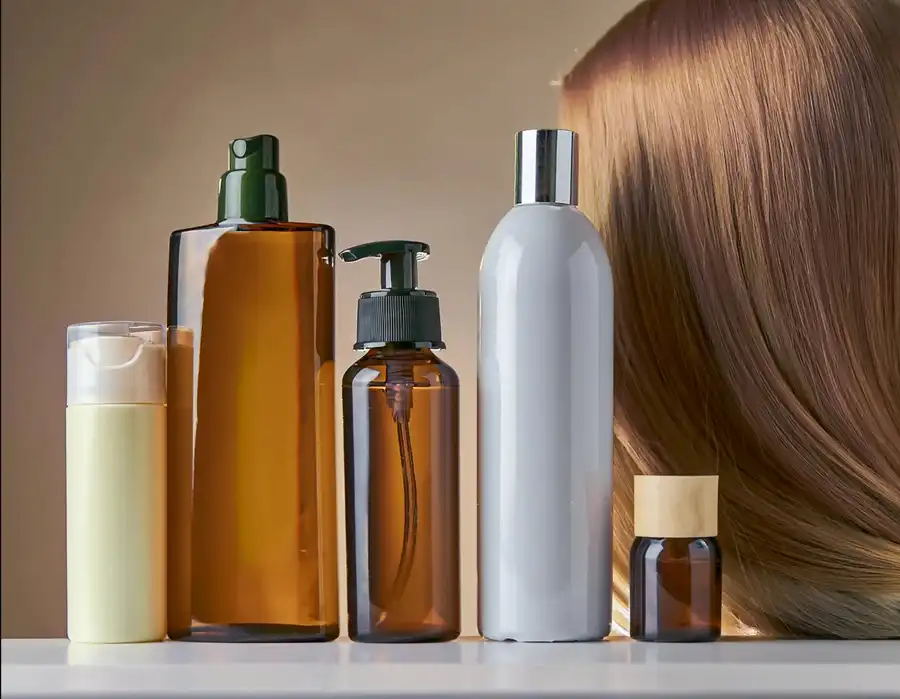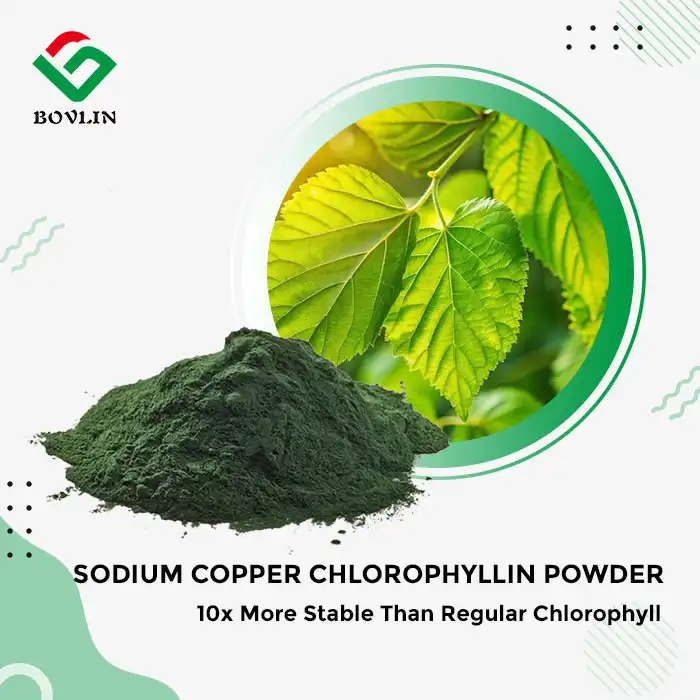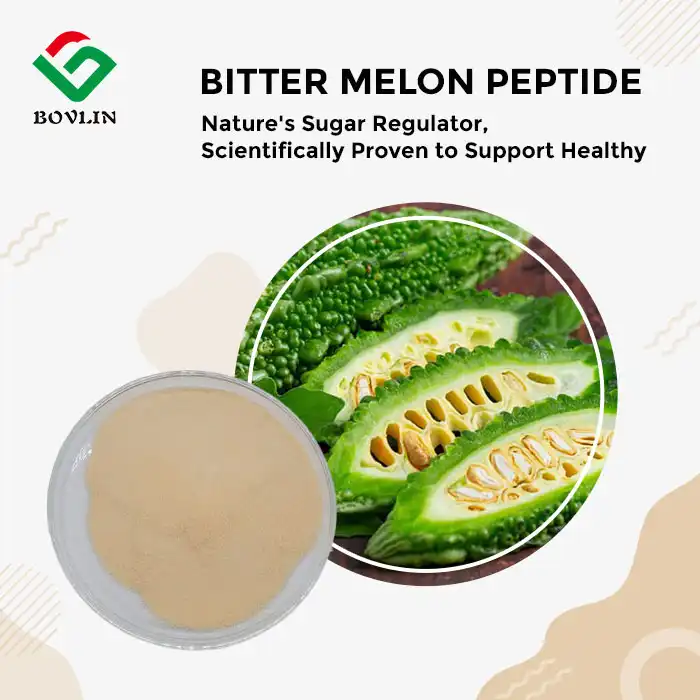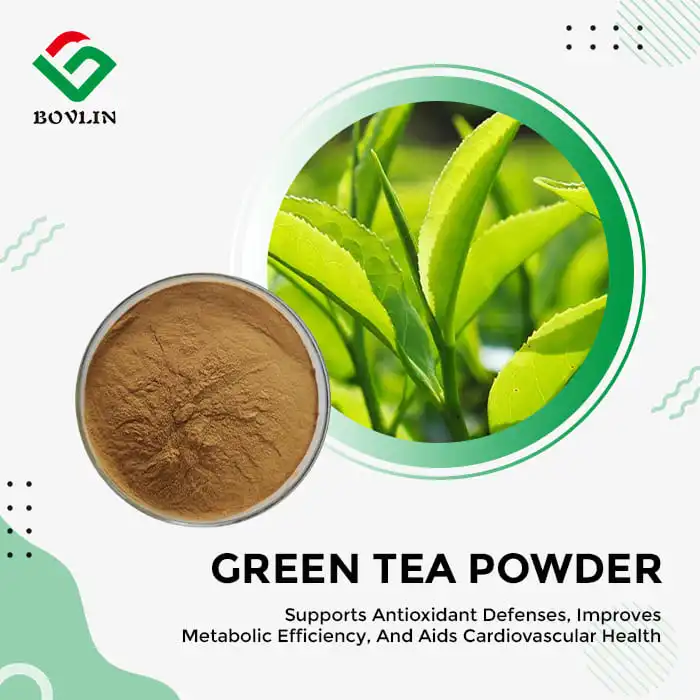How Does It Interact with Hair Structure and Keratin Bonds?
Molecular Structure and Hair Penetration
The efficacy of hydrolyzed rice protein powder lies in its unique molecular structure. Through the hydrolysis process, rice proteins are broken down into smaller peptides and amino acids. This reduction in molecular size allows the protein to penetrate the hair shaft more effectively, reaching deeper layers of the hair structure. As a result, the hydrolyzed rice protein can interact with the hair's internal components, including the cortex, where much of the hair's strength is derived.
Keratin Bond Reinforcement
One of the most significant interactions between hydrolyzed rice protein powder and hair occurs at the level of keratin bonds. Keratin, the primary structural protein in hair, forms complex bonds that give hair its strength and resilience. Hydrolyzed rice protein contains amino acids that are similar to those found in keratin. When applied to hair, these amino acids can help fill gaps in the keratin structure, effectively reinforcing and strengthening these crucial bonds. This reinforcement leads to improved hair strength and reduced breakage.
Cuticle Protection and Sealing
Beyond its internal interactions, hydrolyzed rice protein powder also plays a vital role in protecting and sealing the hair's cuticle layer. The cuticle, composed of overlapping scales, is the outermost layer of the hair shaft. It acts as a protective barrier against environmental stressors and moisture loss. Hydrolyzed rice protein forms a thin, invisible film on the hair surface, helping to smooth and seal the cuticle. This sealing effect not only enhances the hair's shine and smoothness but also helps to lock in moisture and prevent environmental damage.

Moisture Retention and Hair Strengthening Properties
Humectant Capabilities
Hydrolyzed rice protein powder exhibits remarkable humectant properties, making it an excellent ingredient for moisture retention in hair care formulations. As a humectant, it attracts and holds water molecules, helping to maintain optimal hair hydration levels. This moisture-binding capacity is particularly beneficial for dry, brittle, or damaged hair, as it helps to restore and maintain the hair's natural moisture balance. The increased hydration leads to improved hair elasticity, reduced brittleness, and an overall healthier appearance.
Protein Strengthening Mechanism
The strengthening properties of hydrolyzed rice protein powder, also known as rice peptide, are rooted in its ability to supplement and reinforce the hair's natural protein structure. Hair is primarily composed of keratin protein, and when this protein structure is compromised due to factors like heat styling, chemical treatments, or environmental stress, the hair becomes weak and prone to damage. Hydrolyzed rice protein provides a supplementary source of amino acids and peptides that can temporarily fill in gaps in the hair's protein structure. This protein infusion helps to fortify the hair shaft, increasing its resistance to breakage and improving overall hair strength.
Protective Barrier Formation
Another crucial aspect of hydrolyzed rice protein powder's strengthening properties is its ability to form a protective barrier around the hair shaft. This barrier serves multiple purposes: it helps to seal in moisture, preventing dehydration and maintaining the hair's natural elasticity; it provides a shield against environmental stressors such as UV radiation and pollution, which can cause oxidative damage to the hair; and it creates a smooth surface on the hair, reducing friction between strands and minimizing mechanical damage from styling and everyday wear. The cumulative effect of this protective barrier is stronger, more resilient hair that is better equipped to withstand daily stresses.
Use in Shampoos, Conditioners, and Hair Repair Products
Incorporation in Shampoo Formulations
Hydrolyzed rice protein powder is a valuable ingredient in shampoo formulations, offering multiple benefits to hair care manufacturers. When incorporated into shampoos, it helps to cleanse the hair gently while simultaneously providing nourishment and protection. The protein forms a lightweight film on the hair during the washing process, which helps to reduce friction and minimize damage during shampooing. Additionally, the moisturizing properties of hydrolyzed rice protein can help counteract the potentially drying effects of some cleansing agents, resulting in a more balanced and hair-friendly shampoo formula. Manufacturers can leverage these properties to create shampoos that not only cleanse effectively but also contribute to overall hair health and strength.
Enhancement of Conditioner Effectiveness
In conditioner formulations, hydrolyzed rice protein powder, also known as rice peptide powder, plays a crucial role in enhancing the product's effectiveness. Its small molecular size allows it to penetrate the hair shaft, providing deep conditioning and nourishment. The protein helps to smooth the hair cuticle, reducing frizz and improving manageability. Moreover, its film-forming properties contribute to increased slip and easier detangling, which is particularly beneficial for damaged or processed hair. By incorporating hydrolyzed rice protein powder into their conditioner formulations, manufacturers can create products that offer superior moisturizing, strengthening, and detangling benefits, catering to a wide range of hair types and concerns.
Role in Intensive Hair Repair Treatments
Hydrolyzed rice protein powder is an essential component in intensive hair repair treatments, where its restorative properties can be fully utilized. In these concentrated formulations, the protein can work to address severe hair damage caused by chemical treatments, heat styling, or environmental factors. The high concentration of amino acids and peptides in hydrolyzed rice protein helps to rebuild and strengthen the hair's internal structure, while also providing intense hydration. Manufacturers can leverage these properties to develop potent hair masks, leave-in treatments, and reconstructing serums that offer deep, long-lasting repair for damaged hair. The inclusion of hydrolyzed rice protein in these intensive treatments can significantly enhance their efficacy, providing visible improvements in hair strength, texture, and overall health.

Conclusion
Hydrolyzed rice protein powder stands as a versatile and powerful ingredient in the realm of hair care formulations. Its ability to interact with hair structure, reinforce keratin bonds, and enhance moisture retention makes it an invaluable asset for manufacturers seeking to create effective hair care products. From shampoos and conditioners to intensive repair treatments, the incorporation of hydrolyzed rice protein powder can significantly elevate the performance and benefits of various hair care formulations. As the beauty industry continues to evolve, this plant-based protein remains at the forefront of innovation, offering sustainable and efficacious solutions for diverse hair care needs.
Contact Us
Are you ready to revolutionize your hair care product line with the power of hydrolyzed rice protein powder? Discover how our high-quality rice protein peptides can enhance your formulations and meet the growing demand for effective, plant-based hair care solutions. Contact us today at sales1@bovlin.com to learn more about our products and how we can support your innovation in hair care manufacturing.











